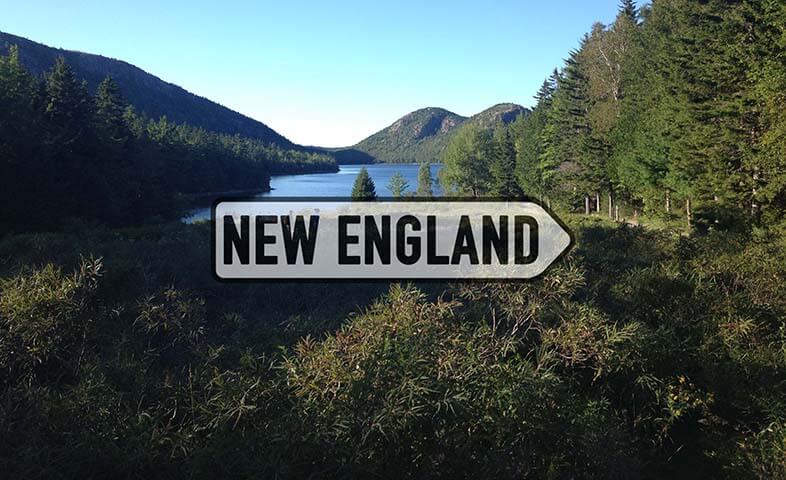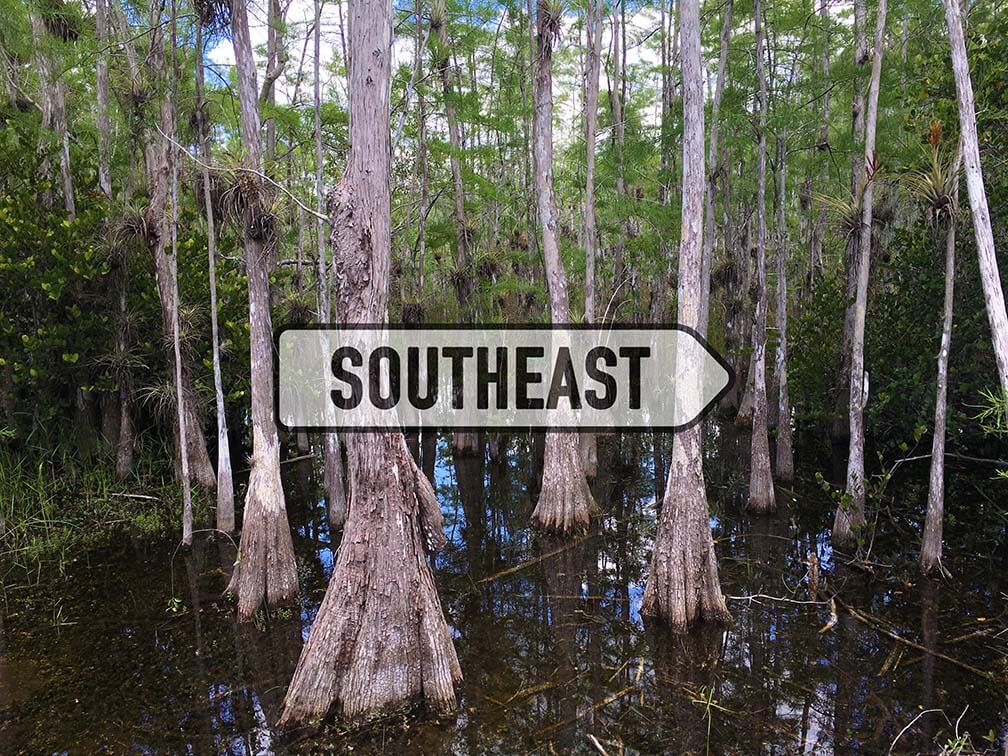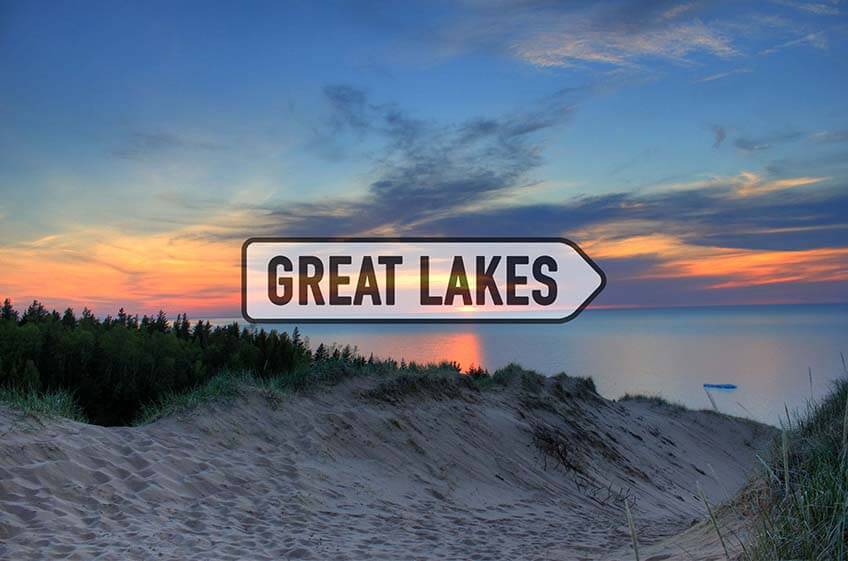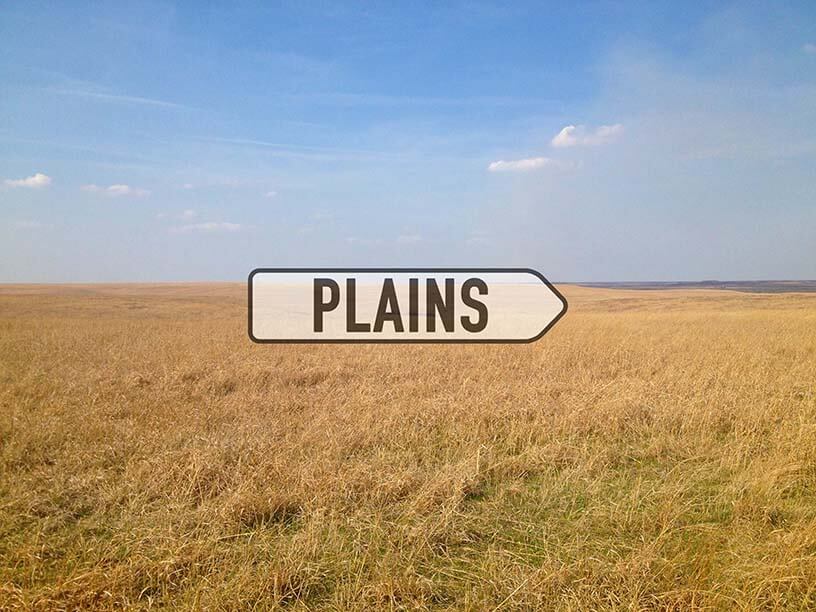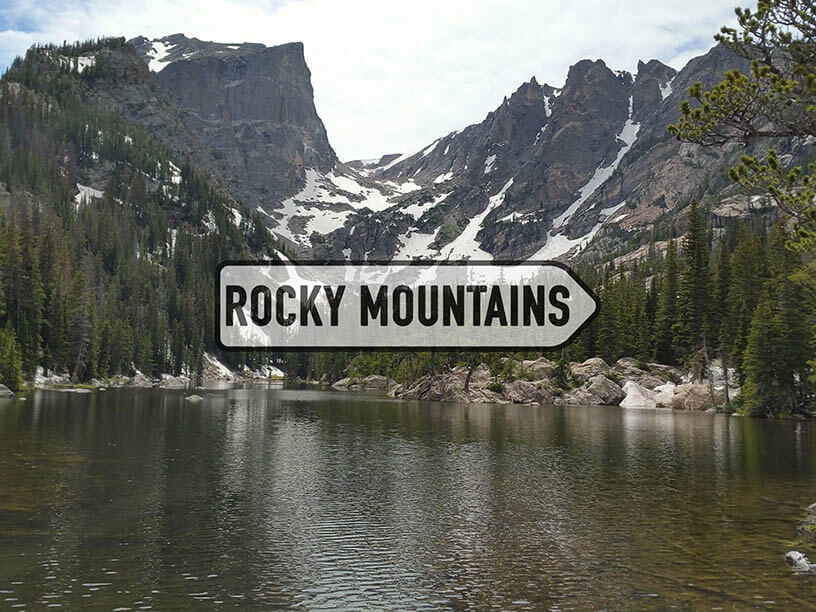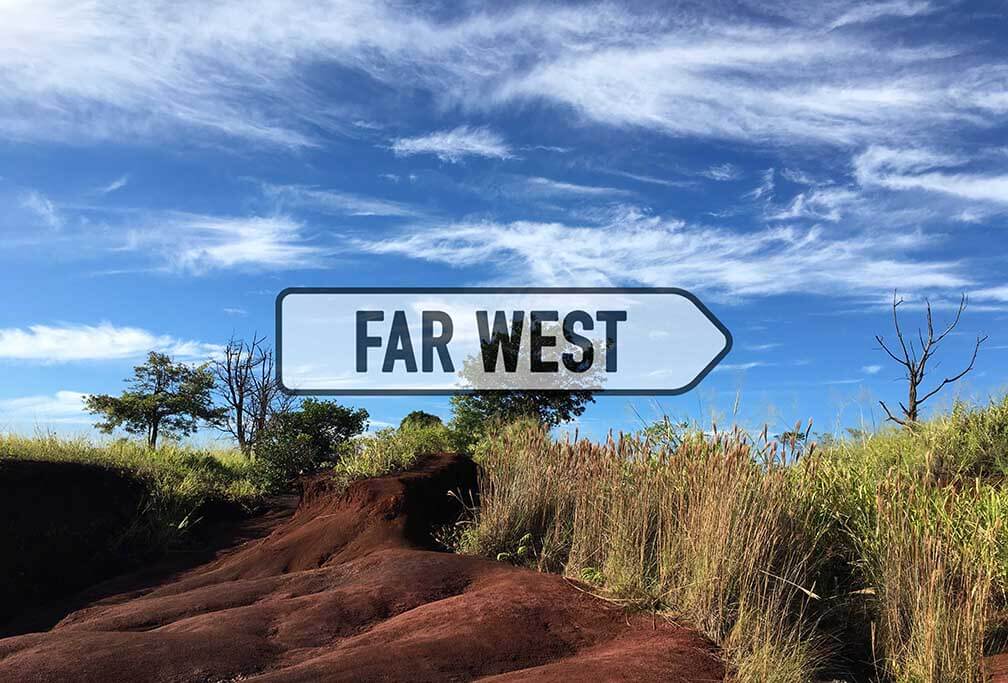Gravity
By Jill Kolongowski
Muskegon, Michigan: 1995
Photo by USDA / CC.
My sister Beth wants to ride bikes around the campground. I am somewhere between a kid and a teenager, so I’m not sure whether I want to blow her off or ride down to the creek to search for frogs and forgotten pennies. I’ve started leaving our pop-up camper to go on walks around the campground to look for boys. I don’t know what to do when I find them but it seems important to look. I know it’s camping but still I’d spent an hour in the campground bathroom with my flatiron, watching fat, pregnant spiders twitch their corner webs. The air by the Lake Michigan in August is so humid that my hair frizzes back up after every pass of the straightener. I stick my tongue out at my stupid reflection and decide to go with my sister, who won’t care if my hair is ugly.
Beth and I have ridden this dirt bike path so often we know it by feel. We dodge the big pothole that always splashes mud, no matter how long it’s been since a rain. We follow the path toward the back of the campground where the pines grow close together. Back here, you might take a nap and wake up in the semidarkness and not know whether it’s morning or night. Back here the path is rocky and unkempt, and the gravel slides under our bike tires. The big corner spot is empty, so Beth and I take the wide turn fast, skidding, in case a monster reaches a long arm from the dark woods to snatch us.
We ride back toward the front of the campground where the dirt is packed hard and the trees thin again, letting in sunshine. Someone yells and I realize it’s Beth, hollering at me to slow down. I don’t want to, so I let her yell once or twice more. I know she’ll tell on me, so I finally squeeze the brake and ride in a circle until she catches up. We spend the rest of the ride in huffy silence. We ride past the bathrooms where we’ll only shower once or twice, our feet sliding in slimy flip-flops, trying to dodge the half-drowned spiders, mosquitoes, moths, and mayflies, our toes dirty again by the time we get back to the campsite. I like seeing boys walking back with rumpled towels draped over their shoulders, their hair dripping.
A mile down the road, Beth and I pull into the dirt parking lot of the Whippi-Dip. Whippi-Dip only carries soft-serve ice cream, which means it isn’t all that great, but it’s special because it’s ours. We talk about what kind of ice cream we’ll get and feel important making our own decisions, forgetting we were mad at each other. Leaving our bikes lying sideways in the dirt, we order our cones from the bored teenager at the sliding glass window. We carry them, dripping vanilla on our hands, to sit next to the playground. We’re a little too old to play so we pretend we don’t want to; instead we watch fat babies going down the plastic yellow slide in their mothers’ arms and toddlers swinging their legs on the swing-set. Little girls braver than us hook their knees on the monkey bars and hang upside-down, unafraid, each with the tiniest thrills. Since we don’t play, we sit on the picnic tabletop with our feet on the benches, our small rebellion. Soon, the sky darkens and the air cools and tastes like the cold of hose water, so we know rain is coming. The birds and trees have gone silent, and the crunch of our bike tires on the dirt path scrapes loud. Back at the campsite, we stow lawn chairs and paper plates, throw a tarp over the firewood, collect our books. The nitrogen in the air makes us agitated and we hurry like we’re expecting something very bad.
The storm breaks open and the rain pebbles on the camper’s aluminum roof. Inside, we have to shout to hear each other. The plastic windows fog as if we are in a greenhouse and condensation sparkles on the walls. The camper rocks in the wind and feels like it might lift off and fly away. I imagine us as Dorothy headed for Oz, the sound of our dice adding to the din, and pretend I am not afraid.
The next morning dawns like a hard edge of glass; the humidity gone and the squirrels dropping pine cones on our heads. After being in the camper for so long, my mother and sister and I breathe deep and try to cool our short fuses. The sun rises above the treeline and warms the sandy soil, so we pack our towels and head for the beach.
The path to the beach runs uphill, the forest floor fading into soft sand that sucks at our shoes, pulling us backward. You can always hear Lake Michigan before you can see it, the distant roar of its breathing. We struggle to the path’s highest point, where the bright sand and blue lake spill out below, the lake so large it looks as big as the ocean, stretching until it curves at the horizon with the shape of the earth. The sand is so hot that Beth and I pretend it’s lava and walk on our tiptoes. We find an open spot and lay down our towels. Mom stretches her legs out in a lawn chair and pulls her white, floppy sunhat down over her eyes. Beth and I leave for the dunes.
Photo by Amanda Dotten.
This stretch of the big lake is the home of the enormous Sleeping Bear Dunes. Growing up, we memorized the Chippewa legend of the dunes. The story began with a massive forest fire on what is now Wisconsin, on the western edge of the lake. A mother bear and her two cubs were forced out of the burning forest and into the never-ending water, swimming east away from the smoke, across the 118-mile Lake Michigan. When she finally reached the eastern side, the mother bear crawled onto the sandy shore and turned to help her cubs. But they’d fallen behind miles earlier and the beach was empty. The mother bear climbed up to the top of the sand dunes to watch the water for her two babies. She waited for the long-drowned cubs until she fell asleep to dream of them, and was buried in the warm sand. The Chippewa could see her bear-shaped bluff of trees from their canoes on the water. Over time, the bear has been eroded away to almost nothing.
As a child, I was never quite sure whether the dunes only served as a reminder of the bears or if they really were the sandy graves of the gigantic, dead animal, so the dunes always had an air of a museum—a long-ago past I couldn’t comprehend, and death.
Photo by Amanda Dotten.
The dunes are too steep for us to climb standing up, so we climb on our hands and knees. The sand sears our palms and rug-burns our knees, sandpapers our bodies with grit. Beth and I pretend we are shipwrecked and flail our way up the hill because it feels good to be so dramatic, out of breath and sweating. Halfway up, we stop and sit to rest. I push a cascade of sand with my heel and watch the grains tumble over each other in a miniature avalanche. Up this high you can’t hear the waves anymore, and I imagine what it would feel like to be abandoned, to lie down in the sand and sleep, let the sand bury me. A barge floats across the lake toward Chicago, moving as slowly and imperceptibly as the hour hand on a clock. We turn our backs on it and continue on.
Photo by Amanda Dotten.
At the top, we stand in the shade of windblown, scraggly pines, our toes bright red and the sand slowly pulling at our bodies. From this height the lake doesn’t look like water at all, but like something solid, the cornflower blue crescent of a broken plate, the whitecaps painted on. Up here the wind curls at our elbows.
Beth and I stand side by side, count to three, and start running. With each step our feet sink deep into the sand and the sand slips down the hill in thick waves and I wonder how it’s possible that the dune still stands and does not collapse around us. Down we run, each step a tiny fall, dried seaweed and brambles puncturing our feet, arms flailing to keep us up, the feeling that at any moment we could take a wrong step, stumble, twist an ankle, fall on our necks; each step the wind, joyful in our eyes, telling us that we’re still alive.
Jill Kolongowski is the author of Life Lessons Harry Potter Taught Me, an essay collection forthcoming from Ulysses Press. She received her MFA from Saint Mary’s College of California, and is also the managing editor at YesYes Books. Jill has received fellowships to attend the Artist Artsmith Residency in 2016, Lit Camp in 2015, and the Squaw Valley Community of Writers in 2014. Her essays have won Sundog Lit’s First Annual Contest series and the Diana Woods Memorial Prize in Creative Nonfiction at Lunch Ticket magazine. Other essays are published in Profane, Sweet: A Literary Confection, Southern Indiana Review, Fugue, and elsewhere. She is a Hufflepuff who teaches writing and literature at the College of San Mateo.
Banner photo by Rachel Kramer / CC.







